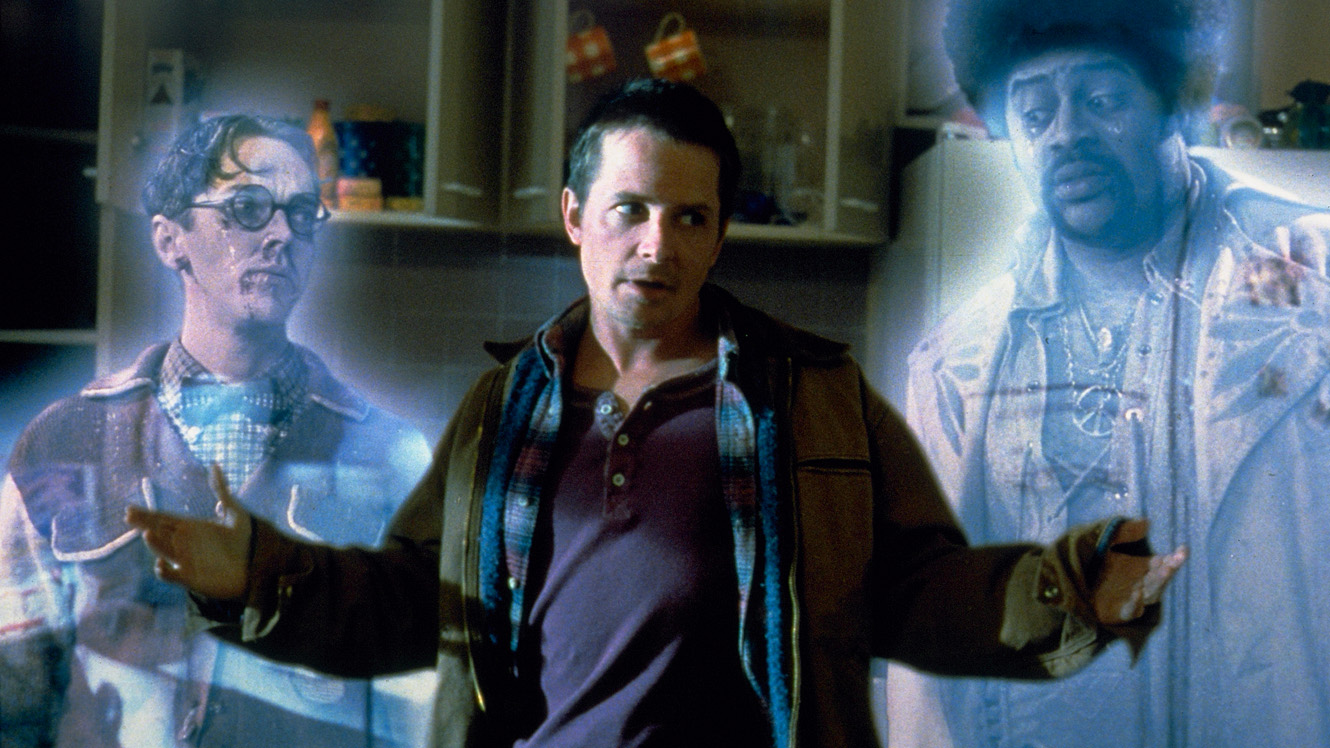In this installment, I cover the cinematic oversight of my parents, as well as the missed opportunities and near misses of my movie diet. […]
07.30.2017
In 1996 I graduated from High School and went not only to the halls of something that represented itself as a college and got myself a job. I also got a lot of decent films. Come with me to review the films of my last half of senior year, and my first quarter of higher education. […]
07.26.2017
Archives
- May 2023
- July 2022
- June 2022
- March 2020
- November 2019
- November 2018
- September 2018
- August 2018
- January 2018
- December 2017
- November 2017
- August 2017
- July 2017
- June 2017
- May 2017
- April 2017
- March 2017
- February 2017
- November 2016
- October 2016
- July 2016
- June 2016
- March 2016
- January 2016
- December 2015
- November 2015
- August 2015
- July 2015
- May 2015
- April 2015
- March 2015
- February 2015
- January 2015
- December 2014
- November 2014
- October 2014
- September 2014
- August 2014
- July 2014
- June 2014
- December 2013
- May 2012
- February 2012
- January 2012
- December 2011
- November 2011
- October 2011
- September 2011
- August 2011
- July 2011
- June 2011
- May 2011
- April 2011
- March 2011
- February 2011
- January 2011
- December 2010
Calendar
| S | M | T | W | T | F | S |
|---|---|---|---|---|---|---|
| 1 | 2 | 3 | 4 | 5 | ||
| 6 | 7 | 8 | 9 | 10 | 11 | 12 |
| 13 | 14 | 15 | 16 | 17 | 18 | 19 |
| 20 | 21 | 22 | 23 | 24 | 25 | 26 |
| 27 | 28 | 29 | 30 | 31 | ||

